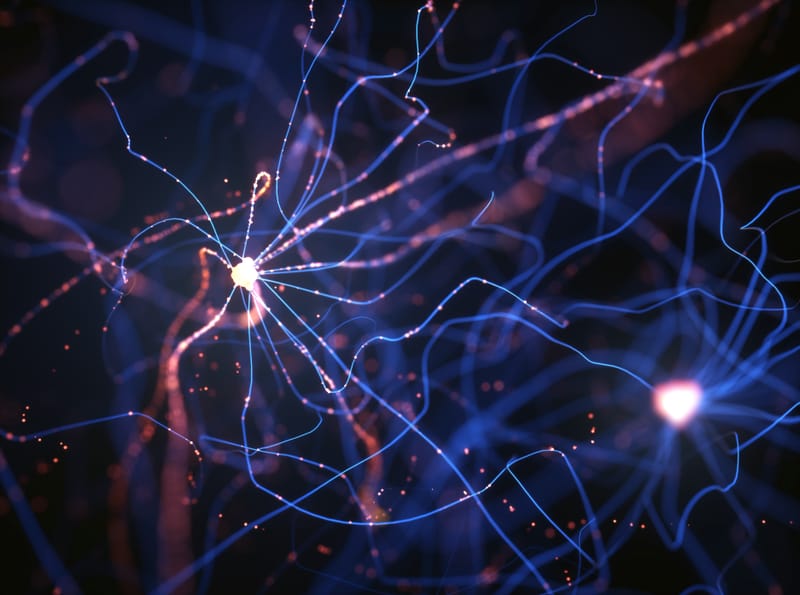Mayo Clinic AI Detects Early Signs of Dementia by Revealing Hidden Brain Patterns

July 31, 2024
Mayo Clinic researchers are harnessing artificial intelligence (AI) and machine learning to enhance the analysis of electroencephalogram (EEG) tests, enabling earlier detection of dementia through previously overlooked data.
Traditionally, EEGs—where multiple electrodes are placed on the scalp to record brain activity—are primarily used to diagnose epilepsy. Neurologists and specialists interpret the complex wave patterns generated by the EEG, a task that requires careful observation and expertise.
In a groundbreaking study published on July 31 in Brain Communications, scientists from the Mayo Clinic Neurology AI Program (NAIP) demonstrate that AI can significantly accelerate EEG analysis and identify subtle abnormalities that might be missed by human experts. This advancement has the potential to help doctors differentiate between various cognitive disorders, such as Alzheimer’s disease and Lewy body dementia. The study indicates that EEGs, which are more accessible, cost-effective, and less invasive than other brain health tests, could become a valuable tool for early detection of cognitive issues.
By leveraging AI to analyze EEG data, researchers aim to improve the accuracy and speed of diagnosing dementia, offering a promising avenue for catching cognitive decline at an earlier stage and enhancing patient care.
SOURCE: https://scitechdaily.com/mayo-clinic-ai-uncovers-hidden-brain-patterns-to-spot-early-dementia/
CREDITS: SCI TECH DAILY NEWS